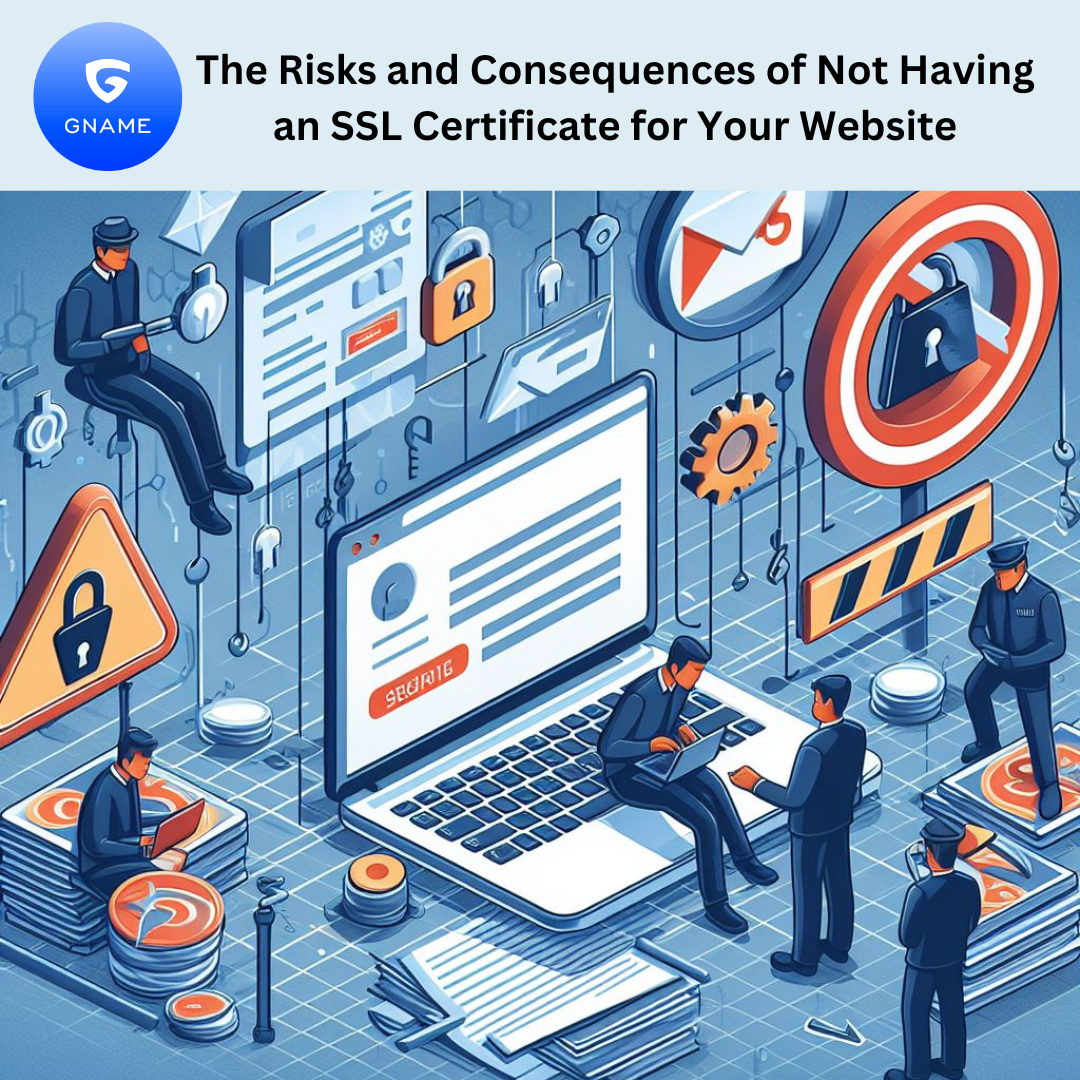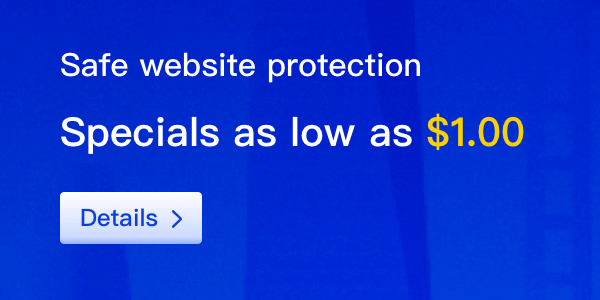In today's digital age, having an SSL certificate for your website is not just a nice-to-have feature, but a necessity. An SSL certificate provides a layer of security that encrypts the communication between your website and its visitors, ensuring that sensitive information remains private and protected.

So, what are the risks and consequences of not having an SSL certificate for your website? Let's take a closer look:
Data Breaches: Without an SSL certificate, the data transmitted between your website and visitors is vulnerable to interception by hackers. This puts your users' personal information, such as login credentials and credit card details, at risk of being stolen and misused.
Loss of Trust: In today's online landscape, users have become more aware of online security threats. When they visit a website that doesn't have an SSL certificate, their browser displays a warning message indicating that the connection may not be secure. This can lead to a loss of trust in your website and brand, resulting in a higher bounce rate and lower conversions.
SEO Impact: Search engines like Google prioritize websites that have an SSL certificate and use HTTPS encryption. Websites without SSL certificates may experience a negative impact on their search rankings, making it harder for potential visitors to find them.
Legal and Compliance Issues: Depending on the nature of your website and the type of data you handle, not having an SSL certificate may result in non-compliance with privacy and data protection regulations. This can lead to legal consequences, fines, and damage to your reputation.
Missed Opportunities: Many users actively look for websites with SSL certificates, especially when it comes to making online transactions or sharing sensitive information. By not having an SSL certificate, you may miss out on potential customers who are hesitant to interact with your website due to security concerns.
In conclusion, not having an SSL certificate for your website exposes you to significant risks and consequences. It's essential to prioritize the security and trust of your visitors by obtaining an SSL certificate and ensuring that your website uses HTTPS encryption. By doing so, you can protect sensitive data, maintain the trust of your users, and avoid potential legal and SEO issues. Don't wait until it's too late – secure your website today!






















